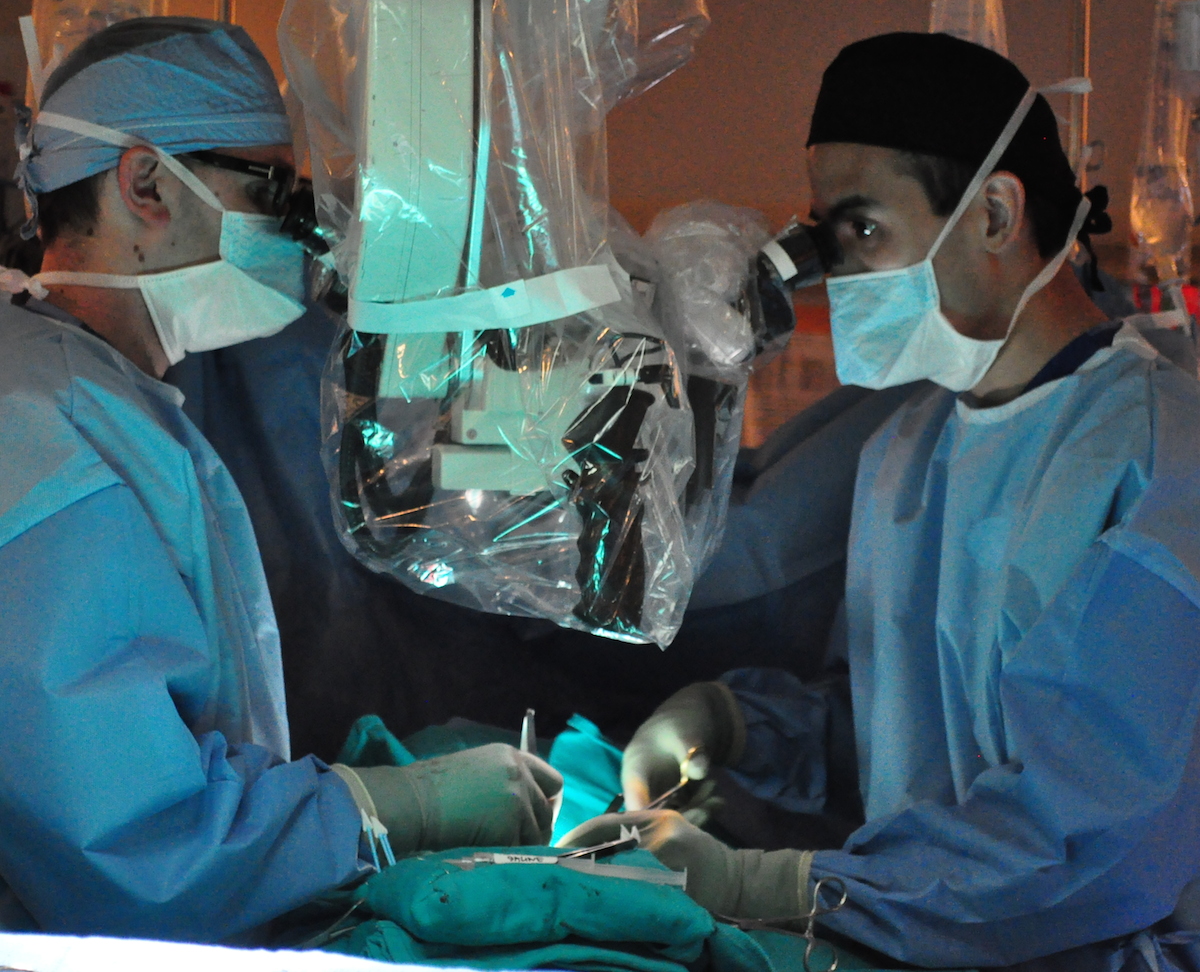A woman born today in the United States has a one in eight chance of developing breast cancer. For women diagnosed with breast cancer, the two main treatment options are:
- Lumpectomy with radiation (removal of the cancer with a small amount of breast tissue) or
- Mastectomy (removal of all breast tissue).
Mastectomy surgery has improved significantly in the last two decades. Once considered a disfiguring procedure, current techniques for mastectomy and reconstruction can give women results that allow them to feel whole.
Nipple Sparing Mastectomy (Areola-Sparing Mastectomy)
Nipple-sparing mastectomy (also referred to as areola-sparing mastectomy) has been a significant advancement for women requiring mastectomy for breast cancer treatment. This procedure is also an option for women who seek a prophylactic mastectomy to prevent cancer (high risk patients based on family history or genetic mutation such as BRCA1/2).
In the past, the nipple and areola were removed along with breast tissue during a mastectomy procedure. However, breast surgeons are now able to save the nipple and areola in certain patients.
A nipple-sparing mastectomy is potentially a very good option in patients seeking prophylactic mastectomy as well as patients with breast cancer that meet a set of criteria. Candidates for nipple sparing mastectomy have tumors that are small, located far from the nipple and do not involve the skin. The best results for nipple-sparing surgery are generally on breasts that are a C cup or smaller, although options exist for larger breasts.
The safety of this procedure has been well documented. Studies have found no change in recurrence compared to traditional mastectomy in patients properly selected by their surgeon.In addition, the cosmetic outcome after breast reconstruction can often be superior compared to traditional mastectomy.
Nipple Sparing Mastectomy Consultation
Our practice often hears women who elect to have a nipple-sparing mastectomy are happier with the appearance of their breasts after their cancer surgery than before. As always, it is important to have a detailed discussion with your breast surgeon and plastic surgeon to assess whether you are a good candidate for nipple sparing mastectomy (nipple sparing mastectomy) and reconstruction.




Add new comment